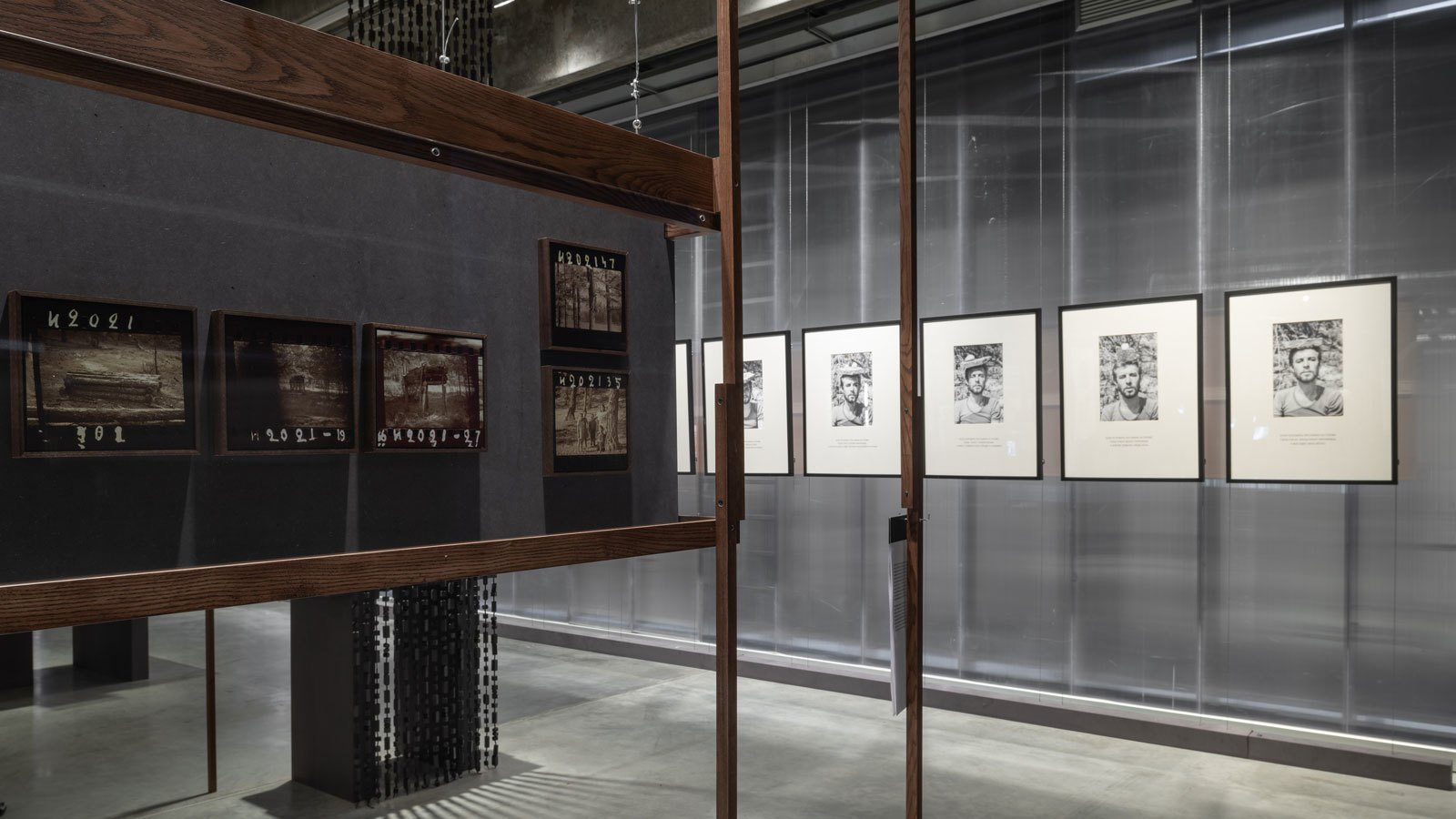Sekretiki No. 23. “Foreign Agent” Andrei Sakharov
On the morning of February 16, 1980, the editor- in-chief of the magazine Chelovek i zakon [Man and Law], Sergei Semanov, was examining the results of the 1979 census of the Soviet Union. According to a diary note made on that day, he was generally pleased, as the total Russian population had increased by 6.3%. The situation in Lithuania, however, worried Semanov. “Lithuanians are doing great: +6.8%, 97.9% speak their native language, 80% at home. This is a monolith, and a pretty dangerous one, especially bearing in mind Rome’s new advance on us.” By Rome the Russian nationalist and anti- Semite Semanov meant the West, which was allegedly planning to annihilate Russia and everyone it held dear. In the event of a Western attack, Semanov saw Lithuanians—who spoke their native language and whose population was increasing—as a fifth column, with the Soviet Union resembling a freedom-loving Roman province fighting for independence with varying success. Something like Judea, but with the chosen people being Russians, oppressed by capitalists and the Сommunist Party’s liberals (Semanov saw parallels in the strategies of global expansion of both). From the other point of view, some campaigners for the Baltic States’ independence, such as the Estonian poet Jaan Kaplinski, compared Rome to the Soviet Union: in a 1967 poem, Kaplinski described his fellow countrymen as Gauls, who swear to take revenge on the cruel empire.
Semanov’s diary note concludes with a mention of Andrei Sakharov, who developed the Soviet nuclear program in the 1950s and was now a dissident in exile in the closed city of Gorky (now Nizhny Novgorod), which foreigners were not allowed to visit at the time. Semanov disliked Sakharov. By this time, the authorities didn’t like the father of the hydrogen bomb either, perhaps seriously considering him a “Roman” agent. The KGB launched a propaganda campaign in the press aimed at depriving the academician and former Stalin Prize laureate (all of Sakharov’s awards were removed by a special Politburo decree before he was exiled) of the people’s trust.
Sakharov’s contacts with the outside world were already limited. The Politburo hid the dissident in a hotel for KGB officers, which became his sekretik. He listed the conditions of his detention in his diary: “2) Idonothavetherighttoleavethecity[...]3)Idonot have the right to contact [. . .] foreigners. 4) I do not have the right of postal and telephone communication with foreign countries.” Also on February 16, 1980, Sakharov made a note in his diary about the article “Caesar has Failed to Succeed,” published in the newspaper Komsomolskaya Pravda a day earlier. The academician melancholically repeated the accusations against him (“technocrat,” “cannibal hatred toward Vietnam and his own country and people, toward socialism”) and regretted that his father was mentioned in the article as “professor” (“he never liked that title”). “Caesar,” according to the journalist, was Sakharov himself, who “reportedly aspired to own the world with the help of the thermonuclear bomb.”
The picturesque sequence of allusions to ancient history on this day continues with the action Flower Burial by TOTART (Natalia Abalakova and Anatoly Zhigalov), centered around the Biblical image of the cypress tree as a symbol of renewal and rebirth. The title, however, is incorrect. The performance was originally called Flower Wake as a reference to James Joyce’s last book, Finnegan’s Wake. Using an ironic gesture as complex and chaotic as Joyce’s novel to parody ritual and myth, the artists uprooted a cypress tree from the Mount of Olives in Jerusalem from its pot (it was a house plant they received as a gift from a friend), put it into a tube, and sealed it with plaster. Cypress is a symbol of the Savior and rebirth. In the Old Testament, the prophet Zechariah states that at the end of the days the Messiah will ascend the Mount of Olives and begin to resurrect the dead. Toward the end of the action, Abalakova and Zhigalov staged their own funeral, lying in a bathtub in shimmering candlelight, before finally rising up and reuniting with the viewers for a modest meal.
